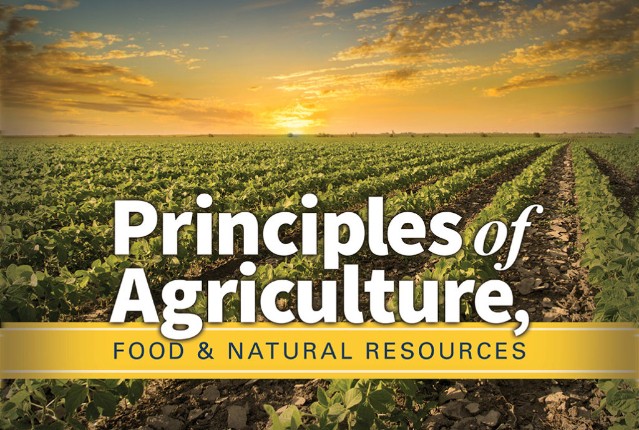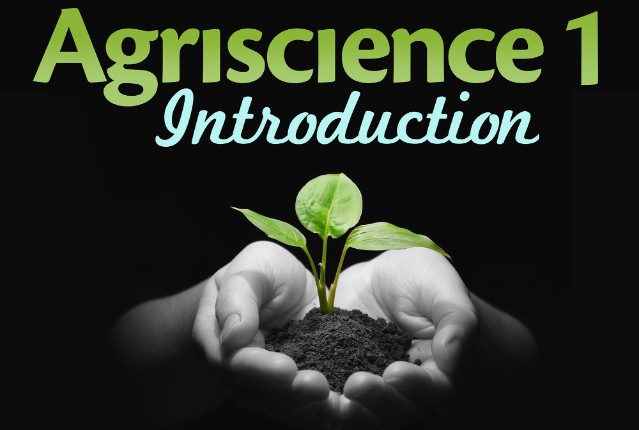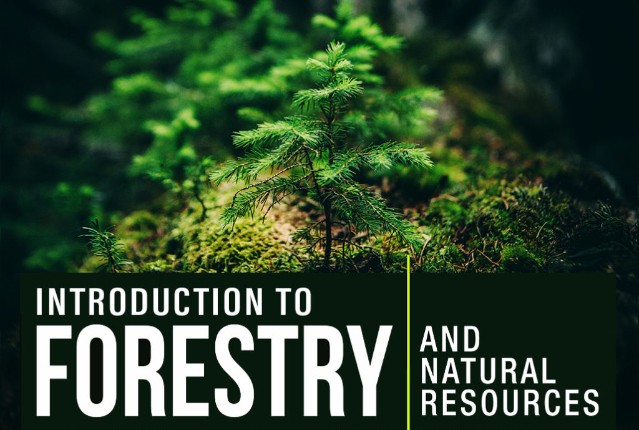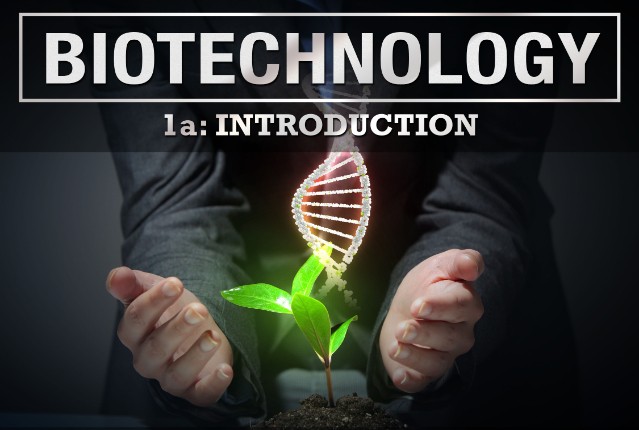
Principles of Agriculture, Food and Natural Resources
Did you know that the world’s population could be 11 billion people by 2050? With a growing population, how do we keep everyone fed? This is where the importance of agriculture, food, and natural resources comes in! Gain a stronger sense of how we can maximize the foods and natural resources the earth provides. Learn more about agriculture’s history, animal husbandry, plant science, and natural resources, and you’ll be better prepared for your part in sustaining the world.
Review course outlineAccess for a year
USD 299.00*
* Choose more courses to get a discount




